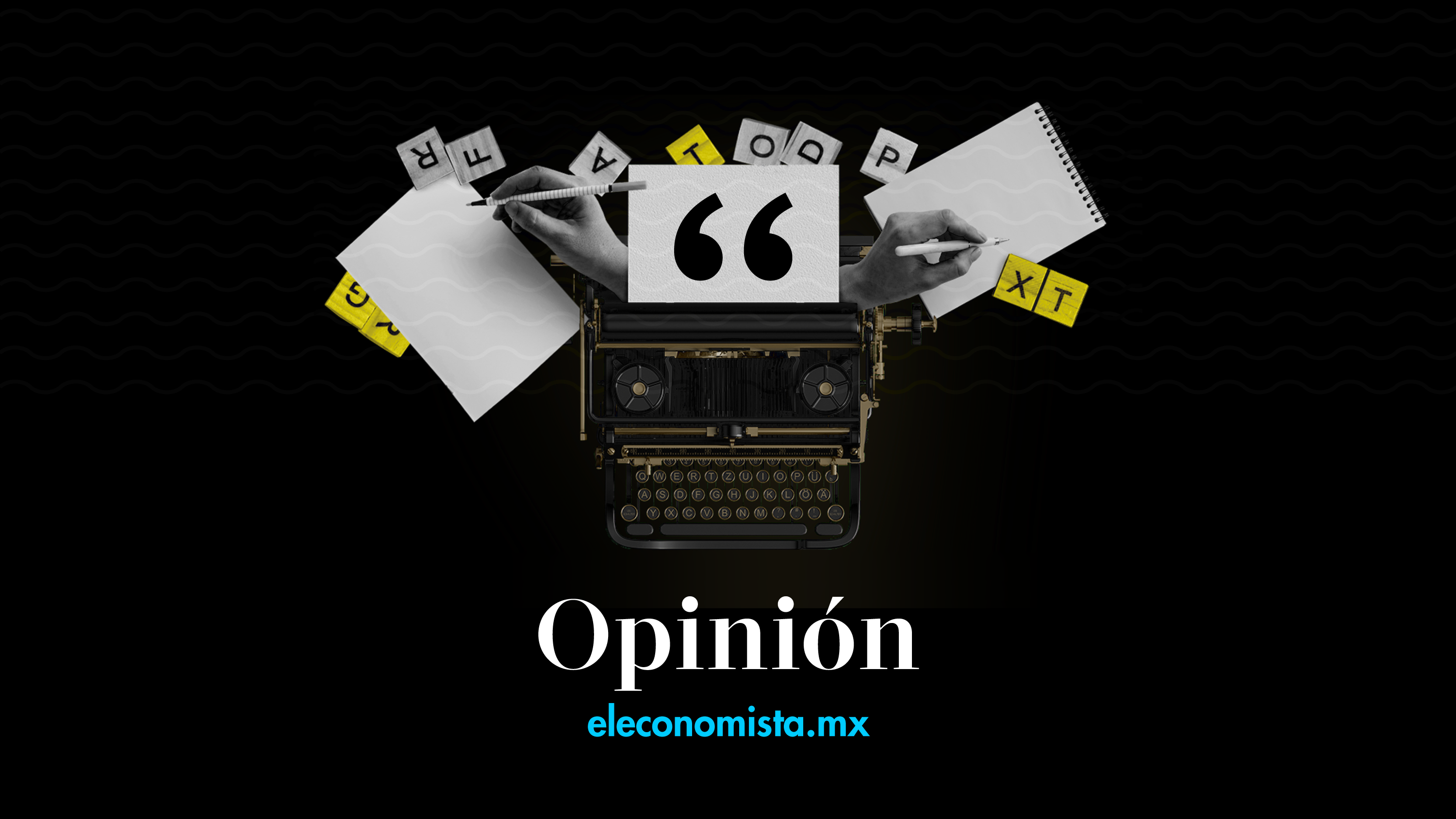The data is compelling, global prosperity is simply not shared. Around half of the world’s population lives on less than $5.5 a day, while the pace of poverty decline has fallen by half since 2013…
Oxfam released its latest report on global inequality. In this case, it rightly puts more emphasis on gender gaps. The main objective of the report is to support and spread the argument that inequality is growing and matters, it is not just a matter of envy because the richest have more and more, it is that the capitalist system itself is in crisis precisely because inequality is growing.
An elite with unimaginable fortunes has been formed, similar to that of the beginning of the 20th century, the Belle Époque, responsible for so many wars and social instability. For example, the 22 richest men in the world own more wealth than all the women in Africa. The richest 1% of the population own more than double the wealth of 6.9 billion people. The problem is more serious for women, men capture most of the wealth. Globally, men have 50% more wealth than women, who spend much of their time on unpaid work.
The value of unpaid care work in the world, carried out by women aged 15 and over, is 10.8 billion dollars annually, three times more than the size of the global technology industry, that represents 12.5 billion hours daily work. Machismo is a practice that reproduces inequality, also in terms of income.
The data is compelling, global prosperity is simply not shared. Around half of the world’s population lives on less than $5.5 a day, while the pace of poverty reduction has fallen by half since 2013.
Between 1980 and 2016, the richest 1% of the population received 27 cents for every dollar of global growth. Between 2011 and 2017, salaries in the richest countries increased by 3%, but shareholder dividends grew by 31%. An additional 0.5% tax increase on the richest 1% of the world’s population in the next 10 years can generate resources that, if invested, could create 117 million jobs.
Only 4% of global tax revenue is generated from taxes on wealth, while the great fortunes evade on average around 30% of their tax obligations.
The question is what is the solution to this crisis. It’s definitely not on the right. Tax cuts, hate speech against minorities, blaming them for the impoverishment of workers, misogyny, homophobia, are only going to aggravate the situation and put democratic coexistence at risk.
What would really be useful, systemic, is to promote progressive policies that seek to reduce inequality in terms of income and discrimination in all its spheres with policies to protect wages, progressive taxes and no possibility of eluding wealth, systems of delivery of dividends that are well supervised and shared with workers, economic inclusion policies for women and minorities, to avoid sexism and discrimination in the economic sphere, recognition of unpaid work (for its redistribution between genders) and that of the home, of accessible health services, job training and education, etc.
Economic policies with a feminist perspective are necessary to break the vicious circle of global inequality.
Twitter: @vidallerenas
Politician
guest column
A graduate in Economics from the Autonomous Technological Institute of Mexico (ITAM), he has a Master’s degree in Public Policy and Management from the University of Essex, United Kingdom, and a Ph.D. in Public Administration and Management from the University of York.

